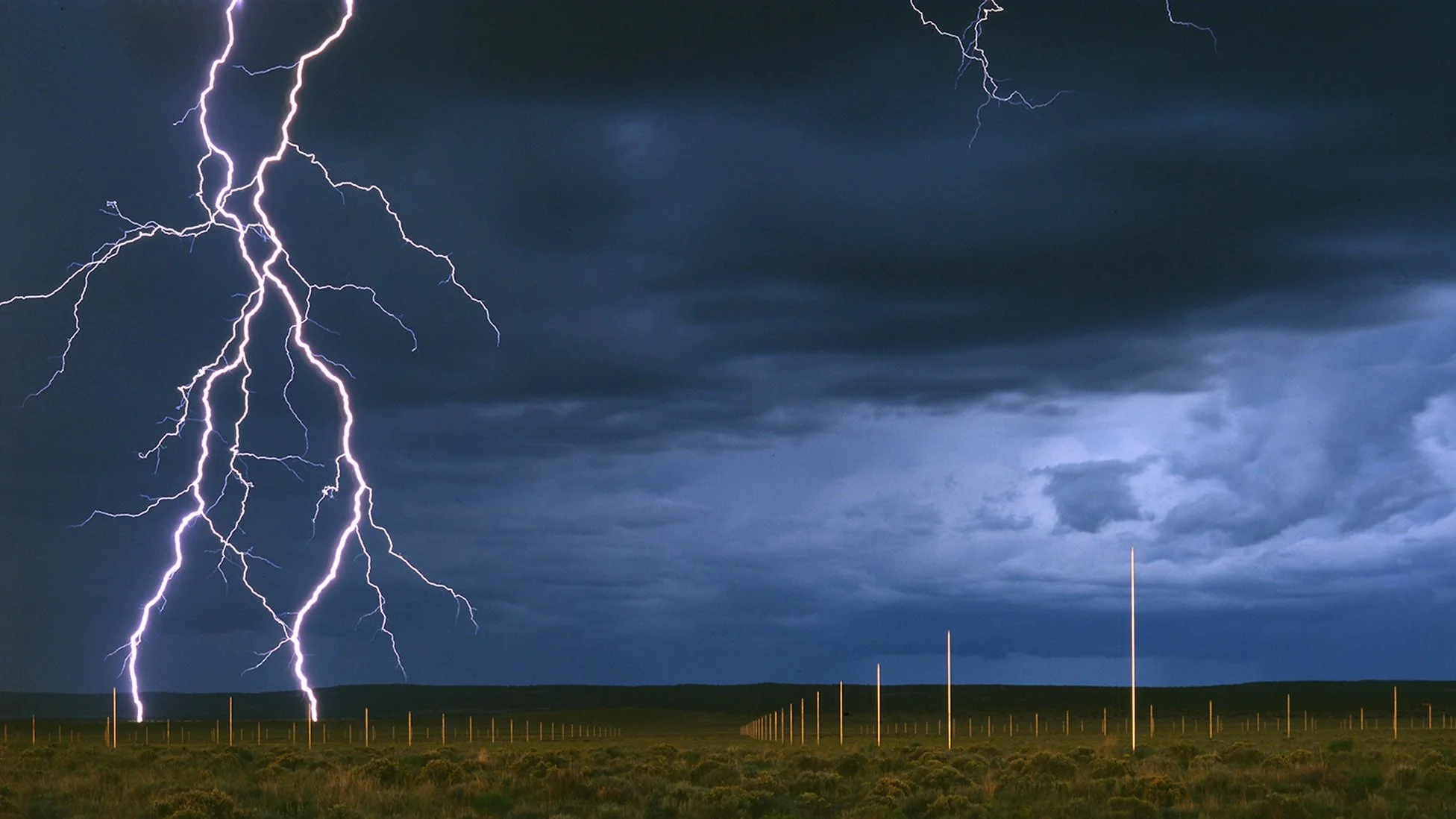In the ruthless furnace of the world, plants eat light and air and water.
Coming on five years of written muttering and calculated inversion, with shame at the hope that the collected works will be read, if not understood, and exalted, if not reified. I deflect and deflect and deflect, trying ever more elaborate knuckling of dependent clauses and conditional antecedents, in the hopes of achieving dizzy rhapsody. Of late I stage mother imaginary scripts and cryptically refer to idiosyncratic culture previously consumed as though it were a genetic marker showing a predilection for blood cancer and bone cancer. I shall establish that five years is a blink to someone with more discriminating taste who can shake a stick at this claim to inestimable provenance.
Painting is above all translation. Ada’s partner has never been part of a boring conversation, and Tilda Swinton can confirm.
He came from the era of the crop top and sweat-sheen tanned skin. She was departing the era of the long white socks with green stripes and being voted most likely to be in need of naxolone. It wasn’t love at first sight but if this were a movie and not a desolate display of mental furniture it might be pulled off if Vera Farmiga signed on to play her mother and Sydney Pollack (RIP) played a take-no-prisoners lawyer who was working feverishly to stop a corporate takeover and periodically paused from implementing the poison pill to urge the young charge in the long white socks whom he served as guardian ad litem to summon the nerve to make a move on Vera’s troubled waif girl before she overdosed already. Trent Reznor’s son would do the arpeggios. Obviously.
It was the era where David took Peter’s corpse’s photo and held it all in close to the knives, standing rooted in one fatal spot in a studio apartment without running water and rippling with frenetic rage. In that era Our Lady of the Self-Devouring Image maintained that papa don’t preach. Ten years later, when effort took too much effort for most of them, she starred in a movie where hot wax was a foil to bring bigger doses of release to the foe, our Lady’s defender. That coffee table book made all the pawns overeager to march a straight line to the end of the board and get slaughtered in the process. Sharon who gazed at Medusa also played a character in a movie featuring murder and lust and made smoking seem alluring.
A different era, with a different kind of necrotic malaise, with a different assemblage of know nothings careening us off the cliff.





























































